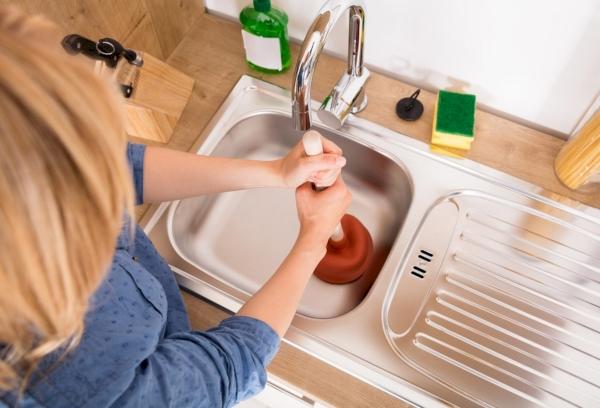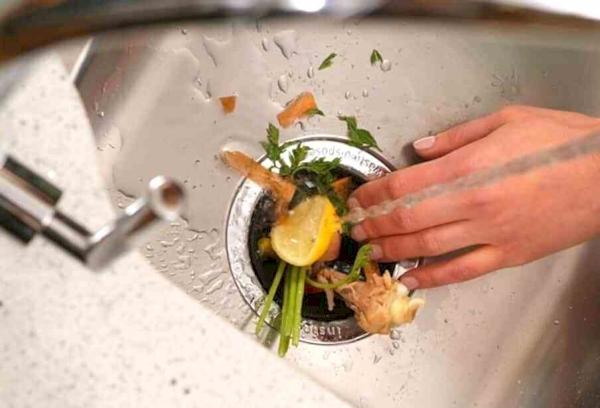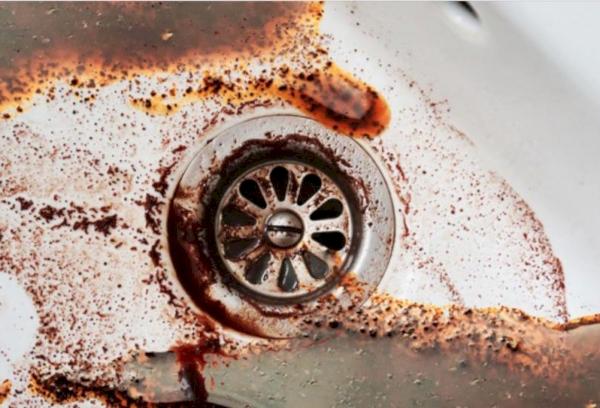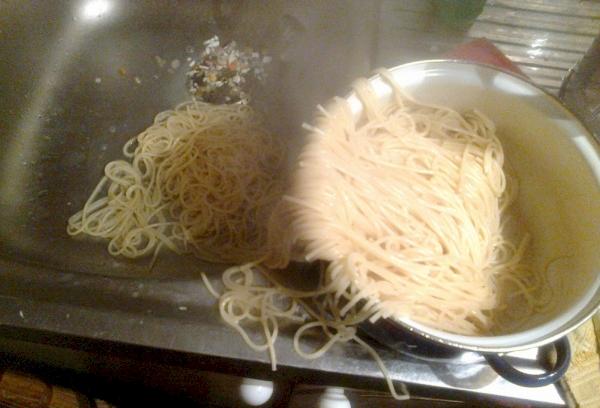Don't flush it down the sink if you don't want to clog the drain: list of waste that can cause a clog
A clogged bathroom or sink – what could be worse? Kitchen work and hygiene procedures become impossible. However, such incidents do not happen without a reason. Often we ourselves become the culprits of such a situation.
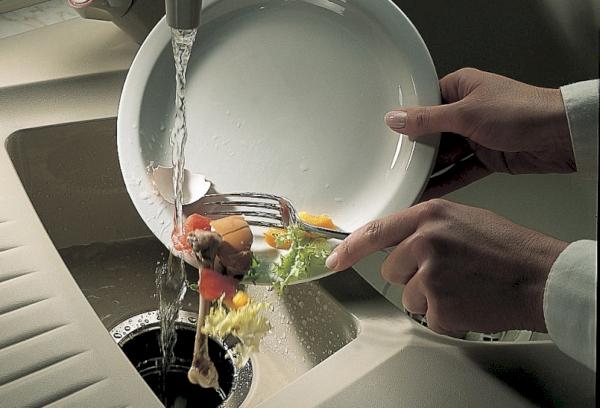
A case from one's life
One day I decided to bake pies, although I had never baked before. The work was carried out with enthusiasm. When I finished, the countertop and dishes were covered in flour, and I needed to clean up quickly. I don’t know what you would have done. Only one way of cleaning came to my mind.
I quickly collected all the flour from the table with a sponge and washed the foam rubber under running water. Remnants of flour dust and dough from the dishes also flew into the sink. By evening, it became impossible to use the plumbing in the house. The drain was thoroughly clogged.
We had to urgently look for a master who came the next morning. He explained that flour should never go down the drain. Once in water, small particles swell and then stick together into a single lump, which is not so easy to break through. At the same time, the plumber told us what should not yet end up inside the sewer pipes.
What most often leads to clogged sewer pipes?
Take note of which substances should not get into the sewer system of your apartment so that the drain does not become clogged.Tell your household and friends about this, especially those who do not have to manage the kitchen so often, and therefore such knowledge is far from them.
Fat
We are talking primarily about animal fat and margarine, which, when cooled, turn into a solid mass. Housewives often commit the sin of pouring the remaining fat after cooking into the sink. If you do not then rinse the drain thoroughly with hot water, a permanent clog may form. It would be better to blot the used pan with a paper towel and then throw the paper in the trash. It is also better to pour liquid oil into a bag and throw it in the trash.
Coffee grounds
Draining coffee grounds down the sink while washing the Turk is a bad idea. Especially if you brew the drink several times a day. Ground coffee, having swelled, does not float down the drain due to its weight, but settles at the bottom of the drain pipes. Food particles are attached to it. And now a dense plug blocks the lumen of the pipe, and a difficult blockage arises.
Labels and stickers
Paper labels and stickers often go down the drain when washing cans from a store or fruit (they often have manufacturer's labels stuck on them). Even if the paper is wet and partially spread, it will not completely dissolve. Often this waste becomes the “last straw” and blocks the lumen of pipes that are quite clogged by that time.
Rice and pasta
If there are grains of rice or pasta stuck to the plates after a family dinner, take the trouble to scrape them off with a spoon into a trash bag. Once in the drains, food waste swells and sticks together due to the presence of starch. A clog can occur immediately or a little later, after additional food particles get in from dirty dishes.
Construction paint
According to the plumber, some people find nothing better than pouring the remaining paint after repairs into the sink or toilet. However, this substance, due to its stickiness and viscosity, can lead to sewer failure. If you are planning renovation work, it is better not to experiment in this way with leftover building materials.
In general, you need to take care of the condition of the pipes on an ongoing basis. As a preventive measure, once every 5-7 days I pour a mixture of table vinegar and hot water in equal parts into the sink. After 10-15 minutes, I rinse the drain with hot water from the tap. When the pipe walls are clean, food waste hardly sticks to them. And, of course, you shouldn’t pour just anything into the sink.
